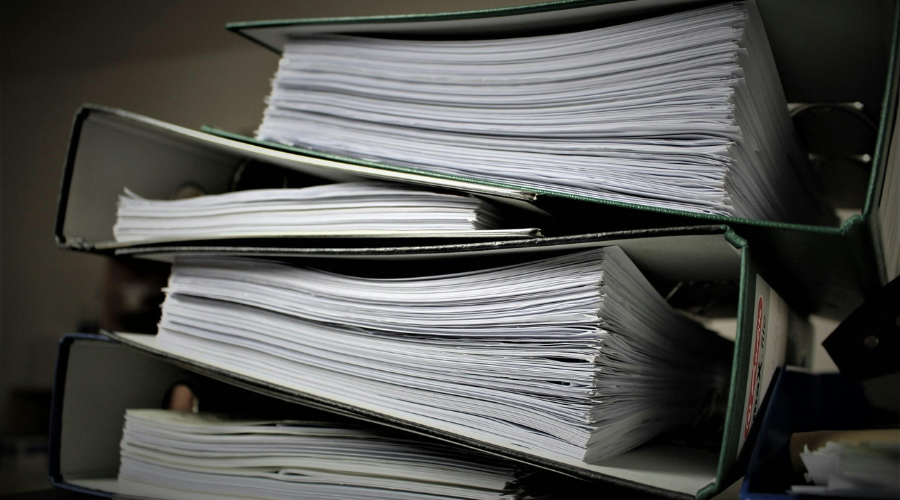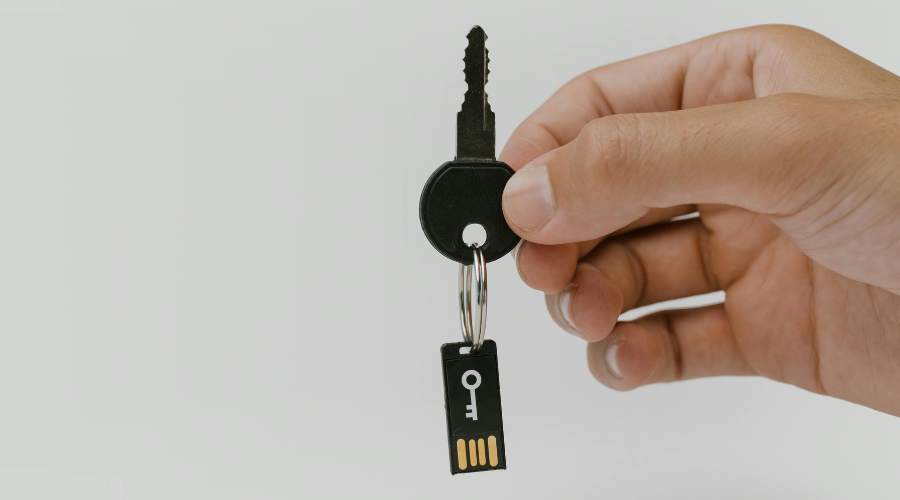Italy just made history in Europe. Yesterday, the Italian parliament approved a law on artificial intelligence, the first EU country to go beyond the EU’s AI Act and have a national framework.
The law is broad: it bans children from using AI tools, punishes deepfakes with prison time, and sets new rules on transparency and control. Supporters say it means Italy will lead the AI conversation in Europe, not just follow it.
Stronger penalties for AI misuse
The law introduces even tougher penalties when AI is used for fraud, identity theft, or other crimes. By putting real consequences on the table, lawmakers hope to stop malicious uses before they get out of hand. Experts say this could be a model for other EU countries still debating how to deal with the dark side of artificial intelligence.
Child protection and workplace rules
Child protection and workplace rules. The law also draws a line when it comes to children. Anyone under 14 will now need parental consent to use AI systems. The government says this is to protect younger users from inappropriate or manipulative content.
In the workplace, companies will have to be more transparent and have human oversight. Whether in healthcare, education, justice or even sports, AI systems will need to be monitored to ensure humans – not algorithms – are ultimately accountable. This is a growing consensus that uncontrolled automation erodes trust in critical services.
Copyright and innovation funding
The law doesn’t ignore the creative side of AI either. Works generated with AI can be protected under copyright, but only if they stem from genuine human intellectual effort. Meanwhile, AI-based text and data mining will be limited to non-copyrighted material or authorized scientific research. Still, critics argue the amount pales in comparison to the multibillion-dollar investments pouring out of the United States and China.
A uniquely Italian approach
Prime Minister Giorgia Meloni has repeatedly emphasized that Italy intends to chart its own course on AI. She has described artificial intelligence as the “greatest revolution of our time,” but one that must unfold within clear ethical boundaries.
Government officials echoed that sentiment as the law passed. Alessio Butti, Italy’s undersecretary for digital transformation, explained that the law is meant to place innovation firmly within the scope of public interest, guiding artificial intelligence toward growth while safeguarding rights and ensuring citizens’ protection. Oversight will fall to the Agency for Digital Italy and the National Cybersecurity Agency, which are tasked with making sure the legislation is actively enforced rather than remaining symbolic.
Italy is the first to move, but will other EU countries follow with their own national frameworks or wait to see how Brussels enforces the AI Act? For now, Italy has taken the lead. Whether its law becomes a global model or a warning will depend on how it balances innovation with what citizens are demanding.






